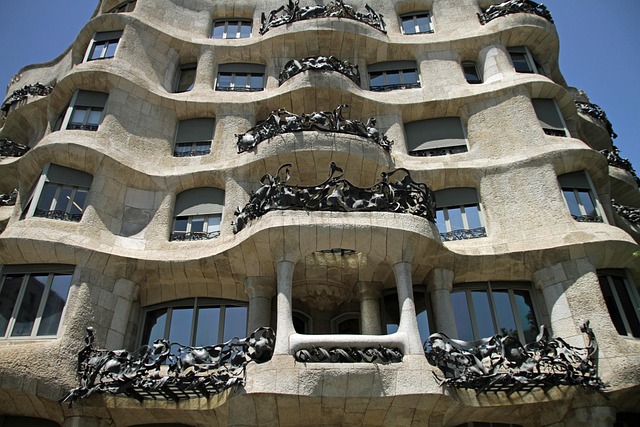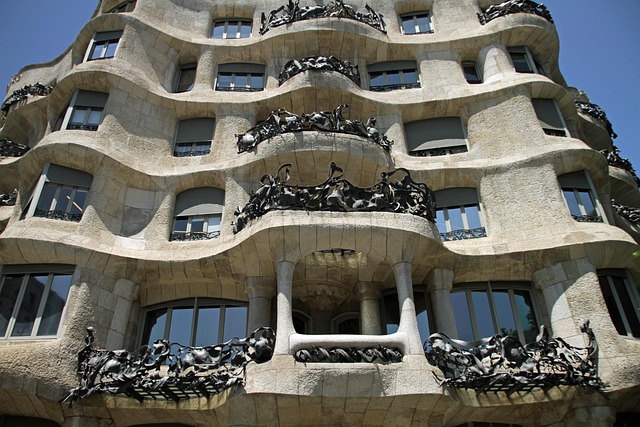Industrial parks are strategic real estate investments that drive economic development by offering specialized areas catering to diverse industries near transportation hubs and urban centers. Meticulously planned with considerations for zoning regulations, land use efficiency, and environmental sustainability, these parks attract businesses, stimulate investment, and create job opportunities through modern infrastructure and tailored services. Their strategic management, efficient practices, incentives, and skilled labor availability make them key drivers of economic growth in today's competitive market.
The Role of Industrial Parks in Economic Development

Industrial parks play a pivotal role in economic development, serving as catalysts for growth and innovation. These specialized areas are designed to accommodate various industries, providing an ecosystem that fosters productivity and prosperity. By offering strategic locations, infrastructure, and services tailored to manufacturing, logistics, and research needs, industrial parks attract businesses, stimulate investment, and create job opportunities.
In the realm of real estate, industrial parks represent a unique opportunity for investors and developers. Their strategic positioning, often near transportation hubs and urban centers, ensures easy access to markets and resources. The development of these parks requires careful planning, considering factors like zoning regulations, land use efficiency, and environmental sustainability. This meticulous approach results in vibrant spaces that not only drive economic growth but also contribute to the overall modernization and diversification of local economies.
Real Estate Opportunities and Investments in Industrial Parks

Industrial parks serve as magnets for real estate opportunities, attracting businesses seeking strategic locations to establish or expand their operations. The demand for industrial space drives significant investments in these parks, leading to a vibrant market for both developers and investors. Proximity to transportation hubs, availability of infrastructure, and access to skilled labor are key factors that influence the desirability of these areas, ultimately impacting real estate values.
These parks offer diverse options, from multi-tenant facilities to custom-built warehouses, catering to various industry needs. Real estate developers play a crucial role in shaping industrial landscapes by constructing modern, efficient spaces designed to enhance productivity. Such investments not only contribute to economic growth but also create long-term value, making industrial parks a lucrative sector for real estate ventures.
Strategies for Optimizing Economic Growth through Park Management

Industrial parks play a pivotal role in economic growth, and strategic management is key to unlocking their full potential. Efficient park management involves several tactics that can significantly enhance productivity and attract businesses. One such strategy is optimizing real estate utilization; this includes careful planning of land allocation, ensuring ample space for expansion, and providing infrastructure that meets modern industrial needs.
Additionally, fostering a business-friendly environment through incentives, streamlined permitting processes, and access to skilled labor attracts both existing and new companies. Effective marketing and branding of the park as a prime location for industries can further stimulate economic growth. By combining these strategies, industrial parks can become robust engines of economic development, driving success in today’s competitive market.






